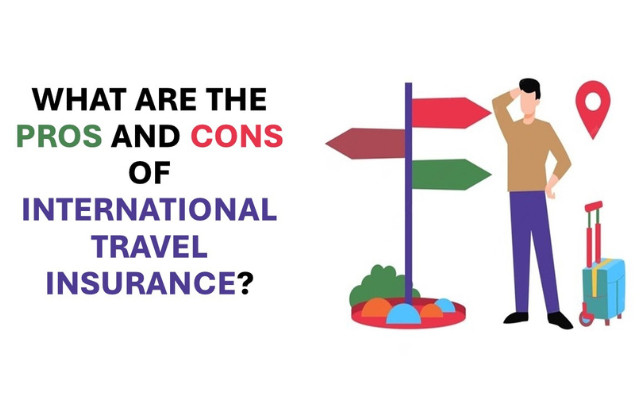Health insurance helps cover medical costs, especially in the UAE, where good healthcare is a top priority. But understanding every detail of your health insurance plan, like the moratorium period, can be tricky. This guide will explain a moratorium period in health insurance in the UAE, how it works, benefits, and what to consider when choosing a policy.
Whether you live in the UAE or are an expat, knowing this information will help you make smarter decisions about your health insurance.
What is a moratorium period?
A moratorium period is a waiting period in health insurance. It’s the time after you buy your policy when certain claims or benefits are not covered. For example, if you have a pre-existing health condition (an illness you had before getting the policy), the insurance won’t cover treatments until the moratorium period is over.
Key points
- Duration: Depending on your insurer and policy, the moratorium period can last from a few months to several years.
- Purpose: It helps insurance companies manage risk by not covering pre-existing conditions or new claims during this time.
- Impact: It affects when you can claim benefits for certain medical issues or treatments.
Why does the moratorium period matter?
Knowing about the moratorium period is important whether you choose a new health insurance plan or already have one. It affects your coverage and costs.
Benefits of knowing about the moratorium period:
- Financial planning: Understanding the moratorium period helps you plan for future medical expenses. You can estimate costs and prepare for any gaps in coverage, ensuring you are not caught off guard.
- Coverage clarity: It shows when certain benefits will start. Knowing this lets you plan your treatments accordingly to get the most out of your insurance.
- Informed choices: By understanding how moratorium periods work, you can choose the best health insurance policy that fits your needs.
- Waived waiting periods for previously insured members: If you are switching from one health insurance plan to another and can show proof of your previous insurance, the new insurer might waive the usual waiting periods. This means you could get coverage for pre-existing conditions immediately without waiting again.
How does the moratorium period in health insurance in the UAE work?
- Start date: The moratorium period starts when your health insurance policy begins.
- Restricted claims: During this time, claims for pre-existing conditions or certain treatments may not be covered.
- End of moratorium: Coverage for these previously restricted conditions usually becomes available after this period.
Example:
For example, in the UAE, if your health insurance policy has a 6-month moratorium, you can claim coverage for pre-existing conditions once those 6 months have passed. However, suppose you were already insured under a different policy before switching to a new one, and you can provide proof of your previous health insurance. In that case, the new insurer might waive this waiting period. This means you could get coverage for pre-existing conditions immediately without waiting for the 6-month period.
Factors affecting the moratorium period:
- Insurance provider: Different insurance companies have different moratorium periods and rules.
- Policy terms: The details of your specific policy will determine the length of the moratorium period and what it covers.
- Type of coverage: Some policies may have different moratorium periods for various types of coverage or conditions.
How to handle the moratorium period in the UAE?
- Check your policy: Read your documents carefully to understand the details of the moratorium period.
- Talk to experts: Ask insurance advisors or representatives if you have questions about the moratorium period.
- Plan ahead: Consider your healthcare needs and budget, considering the restrictions during the moratorium period.
- Watch for changes: Track when the moratorium period ends so you can start using your full coverage.
What’s the bottom line?
Understanding the moratorium period in health insurance in the UAE is important for managing healthcare costs. By learning how it works and planning, you can be prepared for any limits on coverage during this time. Always check your policy details and talk to insurance experts to make the best decisions for your health insurance.
InsuranceMarket.ae, a leading insurance broker in the UAE, offers a platform for simplifying the comparison of different health insurance plans. With access to quotes from top insurance providers, it helps users find suitable coverage options.
Frequently Asked Questions (FAQs):
Q. What if I need treatment during the moratorium period?
If you need treatment for something covered by the moratorium, you’ll have to pay for it until the moratorium period ends.
Q. Can I get a policy with a shorter moratorium period?
Yes, some insurance companies offer policies with shorter moratorium periods. It’s good to compare different options to find the best one for you.
Q. How can I find out the moratorium period for my policy?
Check your policy documents or get in touch with your insurance provider for information about the moratorium period.










